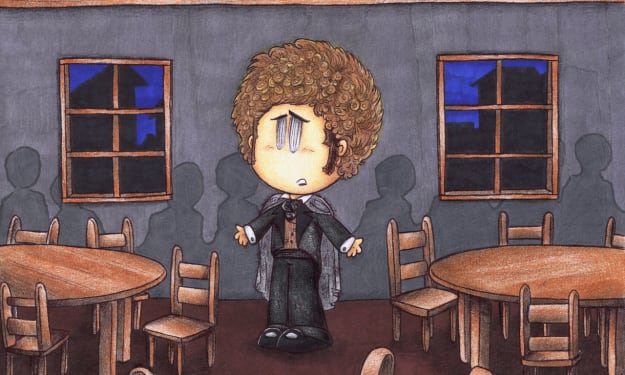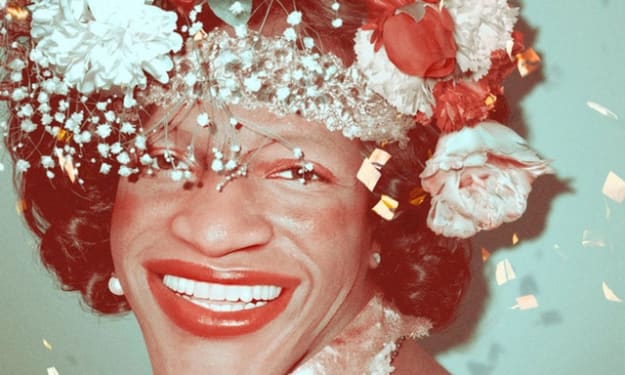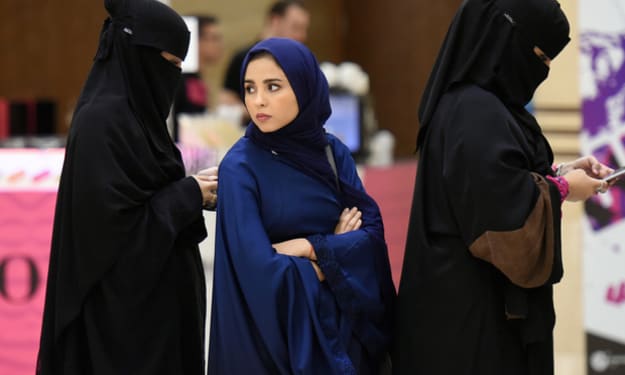Darragh Joyce
Bio
• 24 | Irish | Los Angeles | The District •
overthoughts
Stories (3/0)
The Continuing Stories of Those We Loved and Lost
Clinical psychologist Dr. Kim Bateman wrote an article for TED Ideas in October of 2017 detailing her fractured journey toward acceptance of the death of her 21 year old brother in a skiing accident in 1990. In her article, she proposes that those who have died may be immortalized through ritualistic reverence; that is, by setting aside your late brother's favorite glass of wine at Christmas, or by visiting your aunt's favourite beach once a year, you bring them back to life in the very process of allowing them to impact your physical behavior. In physics we understand that every movement on earth is catalyzed by a cause; if you visit that beach, or set aside the glass, your lost loved one has in a way reached across the veil and engendered something in the living world.
By Darragh Joyce5 years ago in Psyche
Recontextualizing an LGBT+ Narrative
Let me start by saying that the target audience of this article is not those who agree with me; it is not young liberal students, social activists, or LGBT people. It is red-voting Americans who value tradition, constitutionalism, military prowess, and other tenets of conservatism. This article also does not seek to bash conservative values but to rather engage them in a way that allows red-voting readers to perhaps understand LGBT issues today in a context that better speaks to them. Liberals and conservatives speak very different languages, and the issues they care about are often encased with jargon that scare off readers of the opposing political persuasion. For example, liberals shy from conservative buzzwords such as liberty, military, and lower taxes. Conservatives in-turn recoil from the liberal counter-parts of trans~, social welfare, and racial inequality. If you rolled your eyes at any of the latter three nouns, then I am happy you're reading this.
By Darragh Joyce6 years ago in The Swamp
Femaleconomics and Politics in the Middle East
The role of women in the Middle East has long been a talking point among politicians, activists, men, and, of course, women in the West. Women's inability to drive in Saudi Arabia coupled with astronomically high female unemployment across the region due to political and social restrictions has been met with ire from countries that delve inward and question why the situation has not radically changed in the 21st century. Many hurry to crucify Islam for the sins of the Middle East and oftentimes gloss over socio-political variables that shaped the landscape of the region throughout history.
By Darragh Joyce6 years ago in Viva




